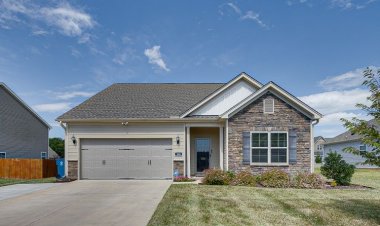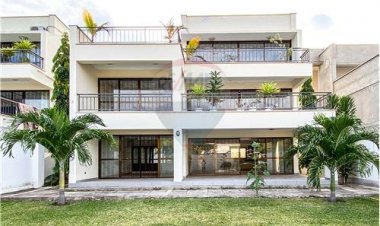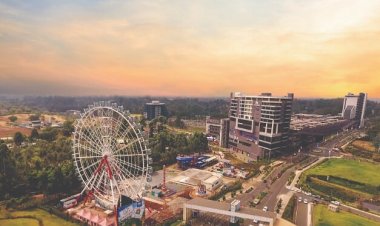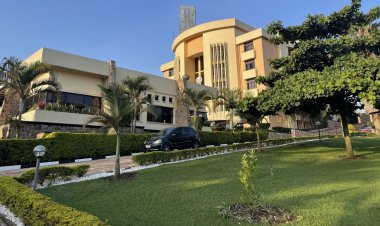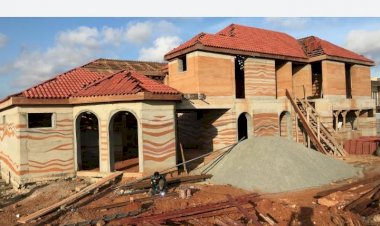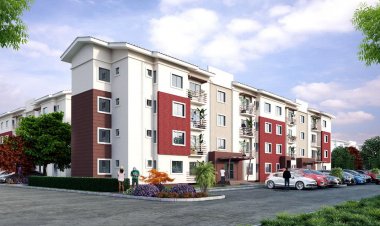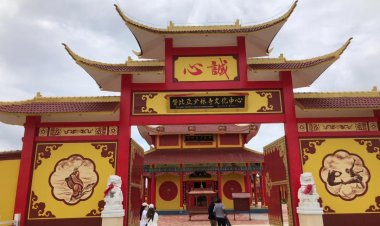Unequal Scenes: Why Slums Are Near the Wealthiest Estates in Kenya
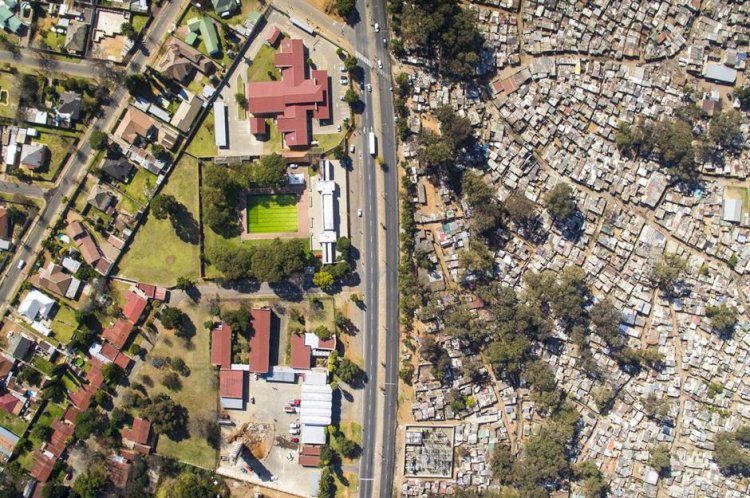
A very low yet solid divider isolates the elegant Lang’ata from the sweeping Kibera slums, a settlement of tin shacks.
In numerous different territories, the main limit is a nonexistent one that appears to exist just in the psyches of inhabitants from the two sides.
Without a doubt Kenya is a nation of bewildering differences and this place is no different with the evident division between the affluent and the low income earners in the capital, Nairobi City.
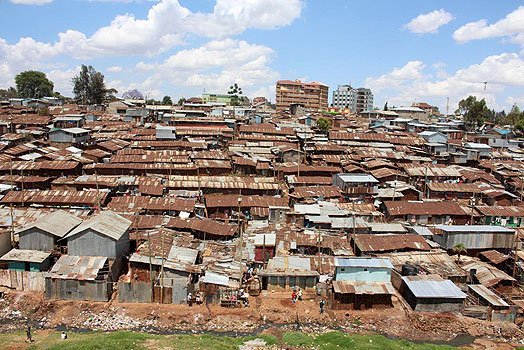 [Kibera slums. Photo./Courtesy.]
[Kibera slums. Photo./Courtesy.]
Fortunately both the rich and those from the ghettos have figured out how to live advantageously. They appear to require each other each spending day.
Runda, where numerous inhabitants live in abundance, has less lucky neighbors simply nearby — Githogoro and Huruma ghettos.
Daniel Methu, the head supervisor of Runda Water Company and individual from this opulent home's inhabitants' affiliation concedes Runda can't manage without their neighbors from the two ghettos.
"In spite of the fact that a test, we can't do much without them. They are our wellspring of reasonable work as plant specialists, cooks, drivers, and house helps," says Mutheu.
On the fundamental street slicing through Runda's 600-section of land that is home to 1,200 family units, the affiliation has gotten water taps for ghetto occupants going through or looking for easygoing work there to extinguish their thirst.
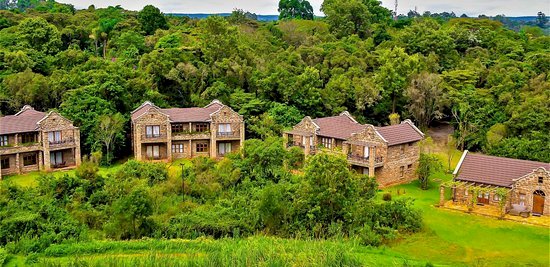 [The affluent Karen residences.]
[The affluent Karen residences.]
Benson Biwott, a boda rider who lives in Githogoro ghettos and squeezes out a living getting things done in Runda which is home to ambassadors, exiles, ground-breaking lawmakers, prominent experts and tycoons.
"They have our subtleties, and plans are in progress to have us enlisted and bear plate numbers which they expect to deliver," says Biwott.
In any case, in the prosperous Karen bequest, it is an alternate story. Theirs can be contrasted and that of a separated from couple.
Kuwinda, Kataka and Kalinde ghettos neighbor Karen, however the very good quality occupants keep off them. The cool relationship is to a great extent in light of the fact that the ghetto tenants live on private land and have would not abandon.
Karen Lang'ata District Association interchanges chief Rose Karobia says that numerous occupants in Karen own far reaching lands and have facilities for their homegrown laborers, some have been with such families for a very long time.
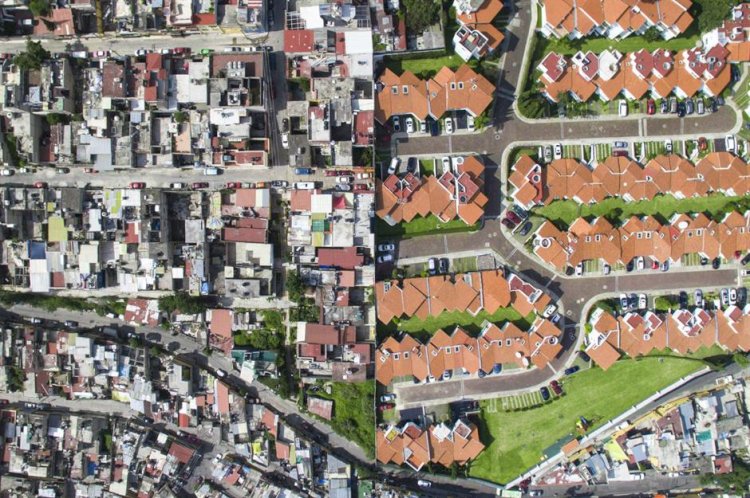
"They house even cultivators, cooks and house makes a difference. Steady recruiting of homegrown specialists doesn't occur a ton here and the individuals who need to utilize get proposals from laborers utilized in their companions' homes," says Karobia.
She noticed that the zone is effectively open, hence many want to withdraw themselves from the ghettos.
"The relationship is terrible. For example, numerous temporary workers want to accompany their easygoing workers as opposed to sourcing from the area," says Karobia, including: "However in period of scarcity, we chip in. A valid example was the fire misfortune that hit Kuwinda ghetto quite recently".
Down to the Ngong waterway is South B domain whose occupants accept there isn't a lot of they can get from neighboring Mukuru ghettos.
"All we get is modest fish, garments, vegetable and mandazi. Mukuru ghetto is not the same as Kibera and those neighboring rich rural areas. Mukuru is an excess of defiled," an occupant said.
Andrew Mukabi an inhabitant censures the ghetto for the fall of South B strip mall and the home's façade.
"We don't confide in them with any work. In the event that you enlist a house assist she with willing take your things or plot with hooligans to break into your home. Before Mariakani domain was fenced off, they removed wet garments on the line visible to everyone," says Mukabi.
He includes: "Our youngsters have figured out how to pursue away their kids. We once in a while share bars and our home helps originate from Kibera. South B and Mukuru ghettos have a frosty relationship," Mukabi says.








